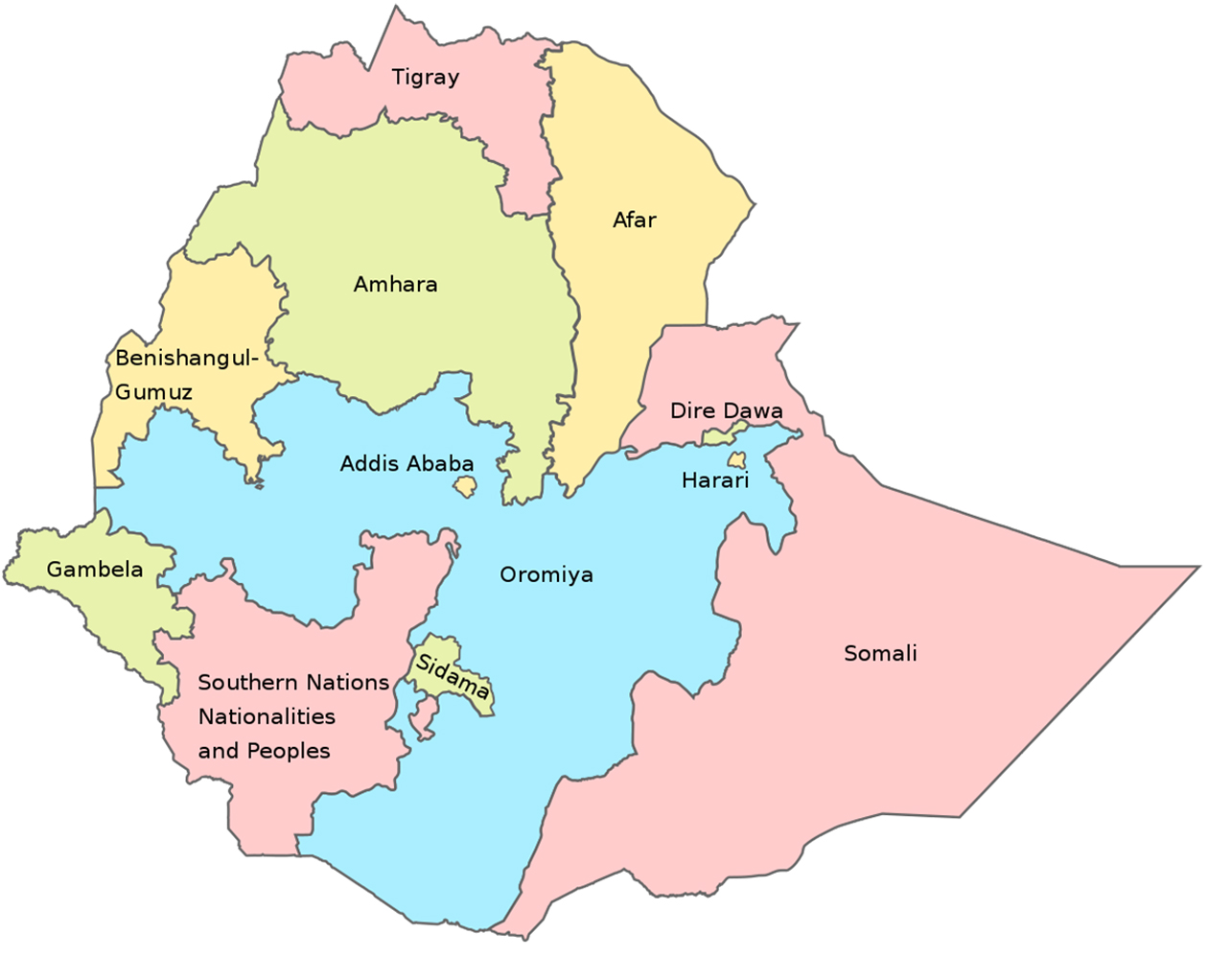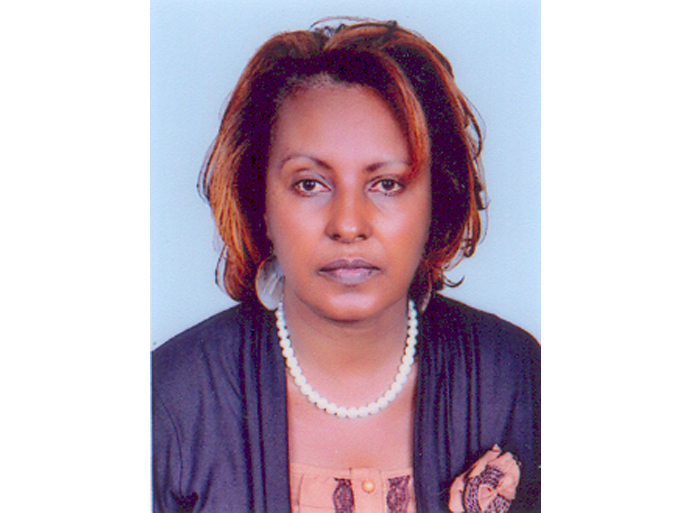Mothers and Children Rights Organization (MCRO) is an emerging women-led, women and children focused organization. Legally founded October 30, 2017 and re-registered with same certificate 3875 as of August 7, 2019 in line with New CSOs Proclamation No. 1113/19. The Organization strives to empower women/girls and children to fulfill, protect and respect their human rights equally with their counterparts.
MCRO envisions women/girls and children legitimacy in the process of community empowerment to play full and equal role in National and Global Development Agendas.
MCRO strives to empower women/girls and children and to advance gender equality and peaceful living standards by creating access to resources, services and opportunities; changing biased social norms against women/grils; and enhancing their participation in socio-economic and political decision making.
- To contribute for the wellbeing of women/grils and children by empowering women/grils;
- To create conducive environment for the growth and development of the children.
- Humanities,
- Gender sensitivity,
- Partnership and networking,
- Transparency,
- Accountabilityy,
MCRO is working in main intervention areas:
1. Women/ Girls Empowerment
2. Children Protection and Development
3. Education
4. Gender Equality,
5. Environment, Agriculture and Rural Food Security
6. Health/FP/SRH rights
7. Justice, Human Rights and Peace Building
1. Strengthen the capacity of targeted community to enable them earn meaning full income and improve food security of the family.
2. Support for the empowerment of women and children so that Peace and Stability prevailed, their voices heard and social justice and equal opportunities extended to all.
3. Support for balanced personality development of the children through the Promotion of Cognitive , social and emotional skill development programs.
4. Revisit alignment with partners and stakeholder to enable the organization full fill its commitment.
5. Enhance human resource development and capacity building program.
6. Improve Quality Control and Learning system.
7. Enhance Visibility of the organization so that it leverage for Strong Marketing.

- - Oromia Region,
- - Addis Ababa City,
- Benushengul Gumz
- Southern Nations, Nationalities, and People's Region,
- others in need.
1. Consortium Christian Relief and Development Association (CCRDA)
2. Network of Civil Society Organization of Oromia (NeCSOO)
3. Union of Ethiopian Women and Children Association (UEWCA)
4. Pro-Development Network Ethiopia (PDN-E)
5. Coalition of Ethiopian Civil Society Organizations for Elections (CECOE)
6. GA members of CSOs Council of Ethiopia
7. Population Health and Environment- Ethiopia Consortium (PHE - EC).
- The General Assembly is the highest governing body of the organization.
- The board responsible for the general assembly and oversees the work on behalf of the General Assembly.
- The Executive Director is responsible for Board, overall programs, and administration has undertaken in the organization.

Aregash Geleta is the founding and Executive Director of the Mothers and Children Rights Organization (NGO), Addis Ababa, Ethiopia. She served at different NGO’s in different capacity. She received her master’s degree in Social work with Financial System as a field of specialization. With her wide academic and professional experience of more than 30 years, she has trained hundreds of young women and men in professional social work practice, social entrepreneurship, and NGO management. As a Social work Academic turned Social entrepreneur, she was prompted to set up a charity in 2002 to work with children, youth and young women and vulnerable families as a good practice mode and an approach, which she has developed.
